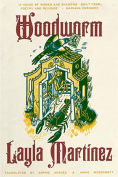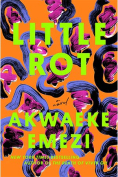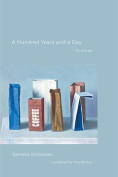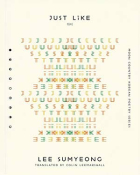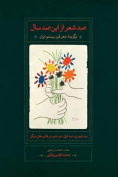Little Rot: A Novel by Akwaeke Emezi

New York. Riverhead Books. 2024. 276 pages.
In Little Rot, Akwaeke Emezi continues their investigation into often-overlooked communities by focusing on the underground world of sex parties and the sex workers who earn their living working at the parties accommodating wealthy clients. The book moves between Kuala Lumpur and Lagos as the main characters’ lives intersect in a variety of ways, including a mob-style call to kill, many sexual assaults, even more consensual sex, friendship, employment, familiar ties, and being accomplices to a killing.
The story loosely anchors itself in the broken engagement between Aima and Kalu, which at the beginning of the novel seems to stem from Aima’s demands to finally get married, but in the end the reader learns there is a different reason for the breakup. When Kalu attends a sex party held by his friend Ahmed and tries to act valiantly on behalf of a young sex worker, he offends the wrong person and spends much of the rest of the novel trying to save his life and avoid the hit the prominent pastor Okinosho has put out on Kalu’s life. The other main relationship, the friendship between Ola and Souraya, who are sex workers, rounds out the character list, with each of them embedded in the many storylines in the novel. Much of the novel interrogates the idea of owing someone else something, even if sometimes that repayment comes at a significant cost.
Late in the novel, Aima reflects on the “rot,” the dangerous, harmful, profitable world that the characters find themselves in: “Aima knew with every fiber of her being that she didn’t want this—bodies and death, lies and men terrible enough to make or hide corpses.” While no one quite escapes the rot that permeates the worlds in which they live, their friendships and love do offer some solace. The novel forces the reader to ask, What is the right thing to do when there is no option to do something that feels right? Repeatedly, the characters find themselves in situations such as the one Aima bemoans, and no one fully escapes the “little rot.”
Colleen Lutz Clemens
Kutztown University, Pennsylvania









